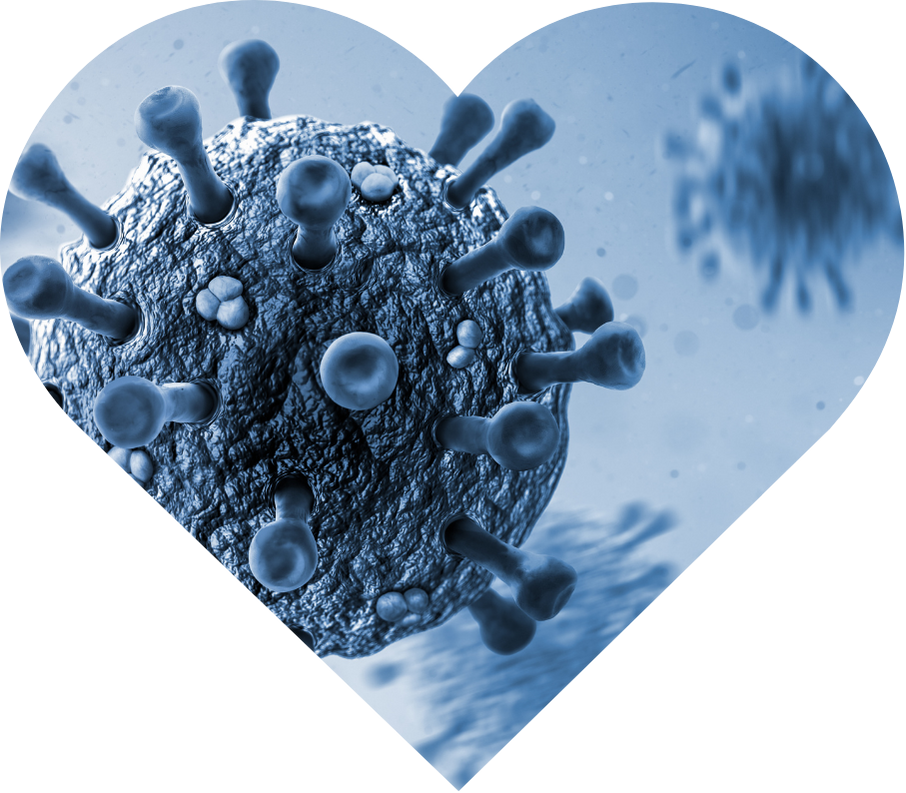Imagine a city where all systems regenerate synchronously at night: streets are repaired, waste is removed, energy is replenished. This could represent the health of the next generation—if we finally treat our sleep patterns like a precise operating system. Those who protect their internal clock today will develop an immune system that reacts faster, regulates more effectively, and remains powerful longer. This is not merely a wellness slogan, but the next level of high performance: circadian management as immune protection and a lever for longevity.
Our sleep patterns follow the circadian rhythmsbiological 24-hour pacemakers that coordinate bodily functions, controlled by a master clock in the suprachiasmatic nucleuspacemaker in the hypothalamus and supported by peripheral clocksmolecular timekeepers in organs like the liver, intestine, and skin. These clocks determine when hormones like melatonin rise, body temperature drops, and immune cells embark on patrols through blood and tissues. Melatonin is not just a "sleep hormone," but a timestamp: it synchronizes processes and modulates inflammation. When we live against the clock—late blue light, fluctuating bedtimes, caffeine spikes—our brain and immune system communicate in different time zones. The result: shortened deep sleep phases, shifted REM bursts, and an immune system that either arrives too late or overreacts. Calibrating the clock not only improves the ability to fall asleep and remain asleep but also enhances the tactical intelligence of immunity.
The tempo sets the tone: A stable sleep-wake schedule keeps blood pressure, body temperature, hormone secretion, and immune functions in a robust daily pattern—a protective shield against metabolic and cardiovascular risks [1]. Late, short, or fragmented sleep shifts the circadian promotion of the REM phase; this can weaken morning vitality and dampen emotional resilience—both factors that indirectly influence immune status [2]. Evening blue light suppresses melatonin and delays sleep onset, disrupting nightly immune fine-tuning [3]. Consuming alcohol before bedtime breaks sleep into shallow segments and can trigger pro-inflammatory cytokine patterns—a signal for dysregulated immune responses [4]. The takeaway: not only the quantity but the temporal precision of your sleep nourishes the defense. A consistent rhythm acts like a daily software update for your immune and energy systems.
Chronobiologists show that the central master clock in the hypothalamus and peripheral clocks in organs collectively regulate the daily structure of gene expression, hormone cycles, and immune activity. Modern lifestyles shift this timing; this increases the long-term risk for cardiovascular, oncological, and metabolic diseases—a strong argument for regular sleep and eating windows [1]. A controlled crossover study with regular caffeine drinkers shows: even when caffeine is consumed during the day, the latency to the REM sleep phase increases, and its build-up shifts. Subjectively, participants felt more tired in the morning and found it harder to wake up—indicating that caffeine can impair circadian REM promotion and thus recovery quality [2]. In parallel, experimental evidence with smartphone light filters shows: short-wavelength blue light delays sleep onset, while an amber filter reduces latency—a direct indication that the light spectrum in the evening modulates the melatonin axis and thereby sleep quality [3]. Complementary pilot data suggest that evening alcohol consumption shifts the immune response, with altered cytokines like IFN-γ and IL-2—a pattern that fits with disturbed sleep patterns and can leave an inflammatory trace [4]. Together, these studies provide a consistent picture: those who consciously manage timekeepers like light, stimulants, and alcohol strengthen sleep architecture and immunological homeostasis.
- Maintain fixed sleep and wake times—even on weekends. This synchronizes master and peripheral clocks and stabilizes immune and hormone cycles [1].
- Introduce a device fasting hour before bedtime. If necessary, use amber filters or e-readers without blue light to safeguard melatonin and fall asleep faster [3].
- Set a caffeine curfew: no stimulants after lunch. This prevents a delay in REM promotion and improves morning wakefulness [2].
- Avoid alcohol in the evening. This protects deep and REM sleep and prevents immunological misregulation due to shifted cytokine signals [4].
The right sleep rhythm is your daily available immune training—free, measurable, effective. Start today: establish fixed bedtimes and wake-up times, cut blue light in the evening, eliminate caffeine in the afternoon, and refrain from alcohol before sleep. Your morning energy level and resistance to infection will demonstrate the benefits.
This health article was created with AI support and is intended to help people access current scientific health knowledge. It contributes to the democratization of science – however, it does not replace professional medical advice and may present individual details in a simplified or slightly inaccurate manner due to AI-generated content. HEARTPORT and its affiliates assume no liability for the accuracy, completeness, or applicability of the information provided.













